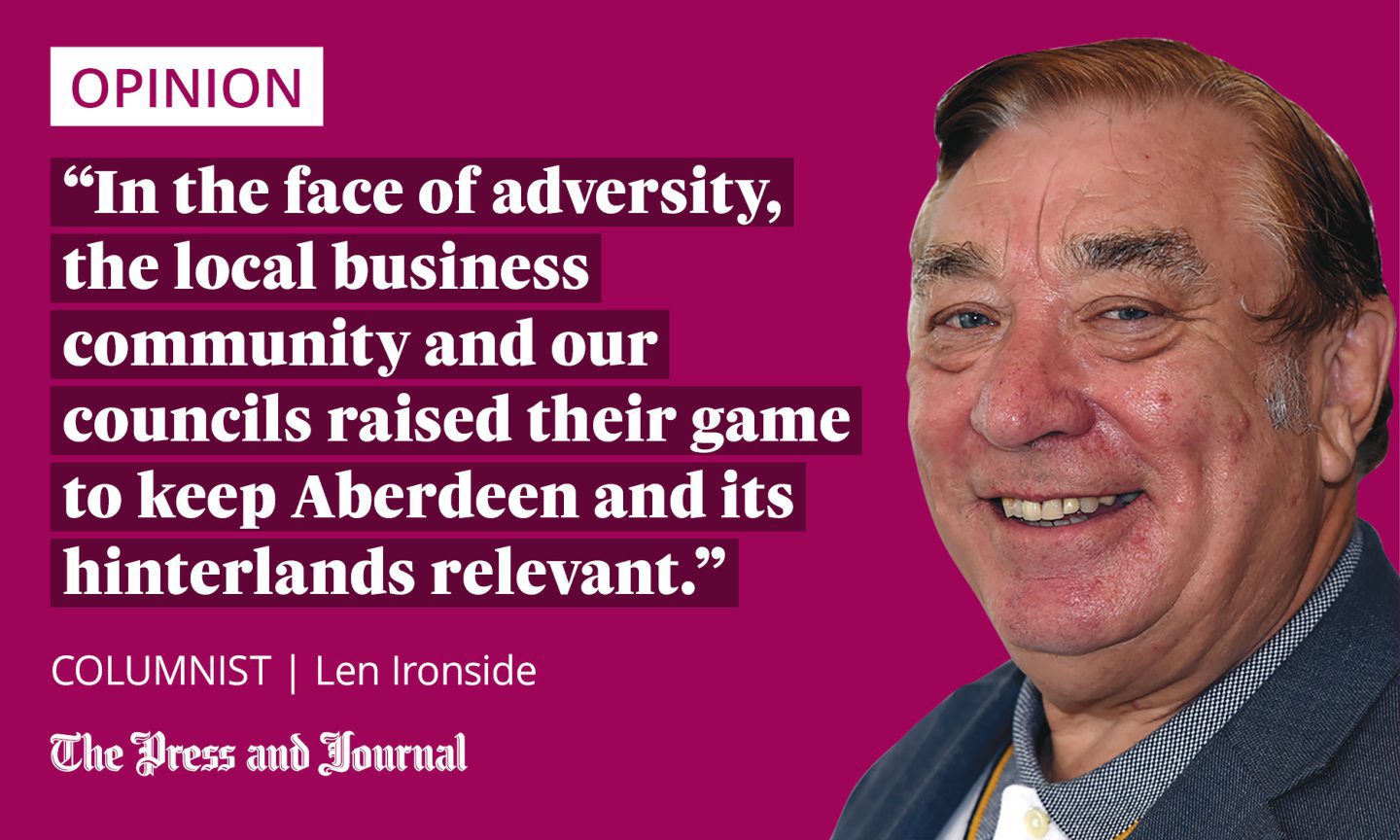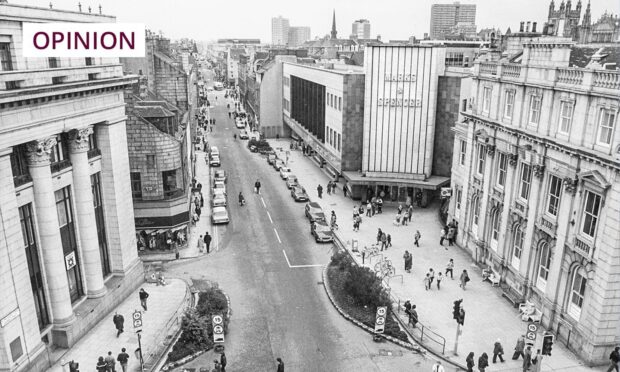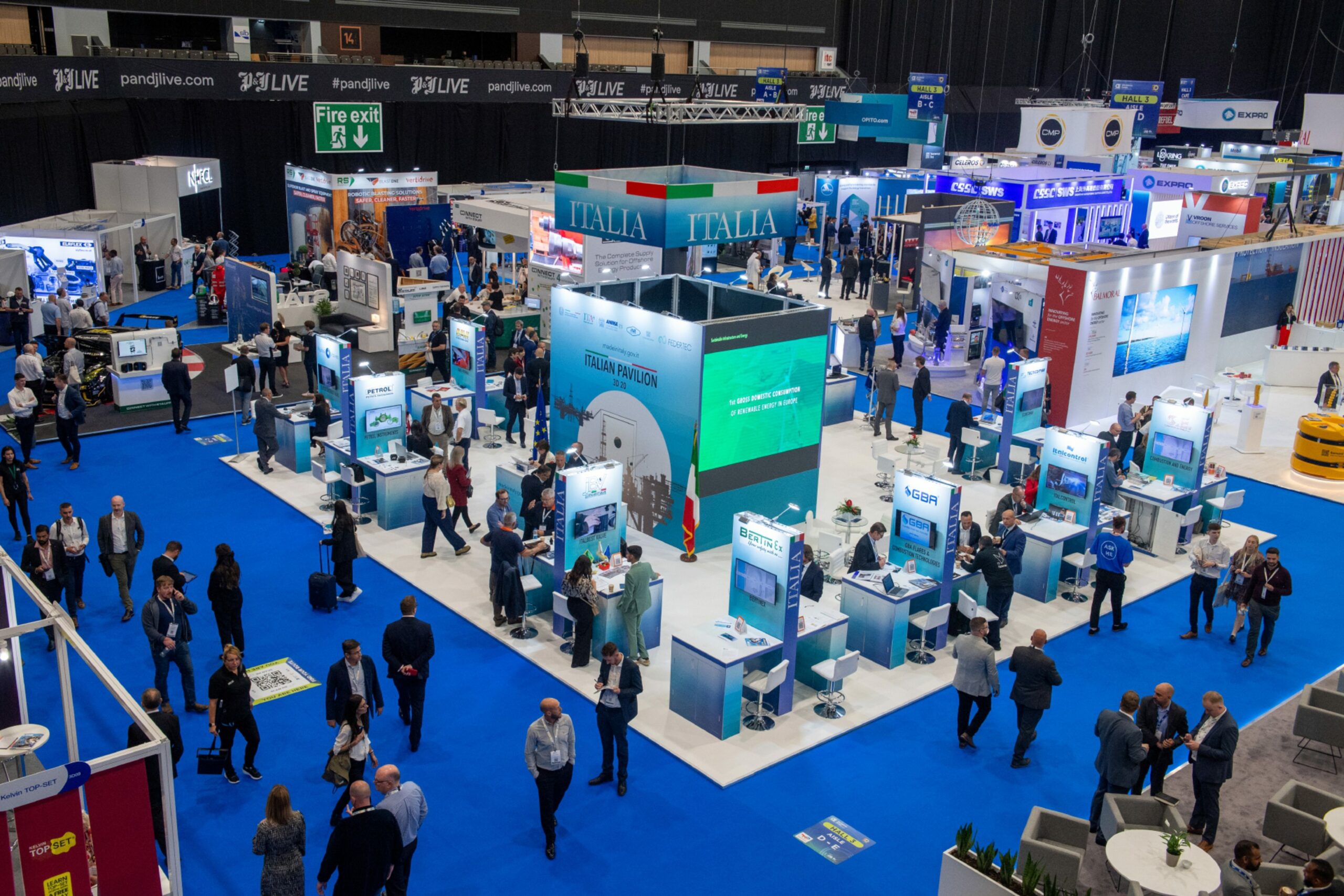The oil sector has been with Aberdeen so long, it’s almost treated as an indigenous industry.
It was the great saviour for the north-east when it came ashore in the early-1970s.
Up until then, Aberdeen and the Shire had been well served with farming, fishing, paper mills, ship building at Hall, Russell & Co, and the granite quarries. But as these industries dried up and became less profitable, it appeared there was little to save our economy and create jobs for the future – then came oil.
Much intellectual activity was created, with local businessmen travelling to and from USA to learn its energy expertise. However, here in Scotland, experts in our own fishing industry became invaluable; they had skilled knowledge of working in one of the world’s most hostile environments: the North Sea.
Although there were tensions between local government and the energy sector, Aberdeen District Council recognised the potential oil presented for the north-east.
Houses were built for experienced incoming oil workers, mainly in the south of Kincorth and in the Bridge of Don. This caused concern amongst the locals, who had been long waiting on council house lists, only to find offshore workers were given priority over them.
However, as time went on the controversies ceased, and Aberdonians accepted the benefits of oil.
Suddenly, American accents were regularly heard, and Aberdeen became more cosmopolitan. Gradually, the experience shifted over to local people, as the fishing industry provided the necessary skills and services.

But not everyone benefitted from oil. Property prices shot up and shopping became more expensive for locals. If you lived in an area of deprivation, the cost of living was brutal. Despite this, the average wage in Aberdeen was £200 higher than the national average, prompting a discussion on the need for a local weighting allowance, similar to that in London.
Aberdeen became the powerhouse of the UK economy. Having weathered the initial storms of the 1970s, things began to pick up.
The citizens of the north-east rallied
Then, in the mid-1980s, the price of oil crashed, and a Panorama programme showed images of rows of houses up for sale in the Bridge of Don. The impression was that Aberdeen had become a ghost town, with tumbleweed blowing through the main streets.
The country’s share of profitable BP was sold off to the private sector. But the citizens of the north-east rallied.
The Regional Council created the Grampian Initiative, a partnership between the council and the business community to promote the knowledge, products and services of the people of Grampian. It wasn’t just tartan and whisky that showed the way, but food companies like Lawson’s of Dyce, Grampian Country Chickens, Bain of Tarves, Walker’s Shortbread, Dean’s of Huntly.
There were also skills like downhole drilling technology and the expertise of our fire service. All underpinned by the invaluable work ethic which has always been prevalent in the north-east.
There were grants for incoming businesses and skills development opportunities for workers. Robert Gordon University provided courses on safety and skills for offshore workers, and Aberdeen University promoted research, including from the world-leading Hyperbaric Centre.
The Aberdeen Exhibition and Conference Centre gained the contract to run the Offshore Europe exhibition, alternating with Norway – something which still runs today and brings in over 30,000 business visitors to Aberdeen and Aberdeenshire for a week in September. And Aberdeen’s business presence was showcased in Houston, Texas, at the world’s largest energy exhibition, OTC.
Countering the negativity
In the face of adversity, the local business community and our councils raised their game to keep Aberdeen and its hinterlands relevant. It was, indeed, exciting times, and we had countered the negativity.
The Grampian Initiative partnership dissolved when the councils were reorganised in 1996.
The next downturn will be the transition from fossil fuels to green energy. That is likely to be a much rougher, harder road
Being an industry based on peaks and troughs, the oil dipped again due to war in the Middle East and international finances about 15 years ago, and once more in 2014. The American term “downsizing” became a familiar term for losing your job.
The nature of the sector, though, means it does come back. But the next downturn will be the transition from fossil fuels to green energy. That is likely to be a much rougher, harder road, unless the oil industry, local businesses, governments and the people work together for the good of our country – just as they did before.
Len Ironside CBE is a former champion wrestler who served as an Aberdeen councillor for 35 years, with four years as council leader


Conversation